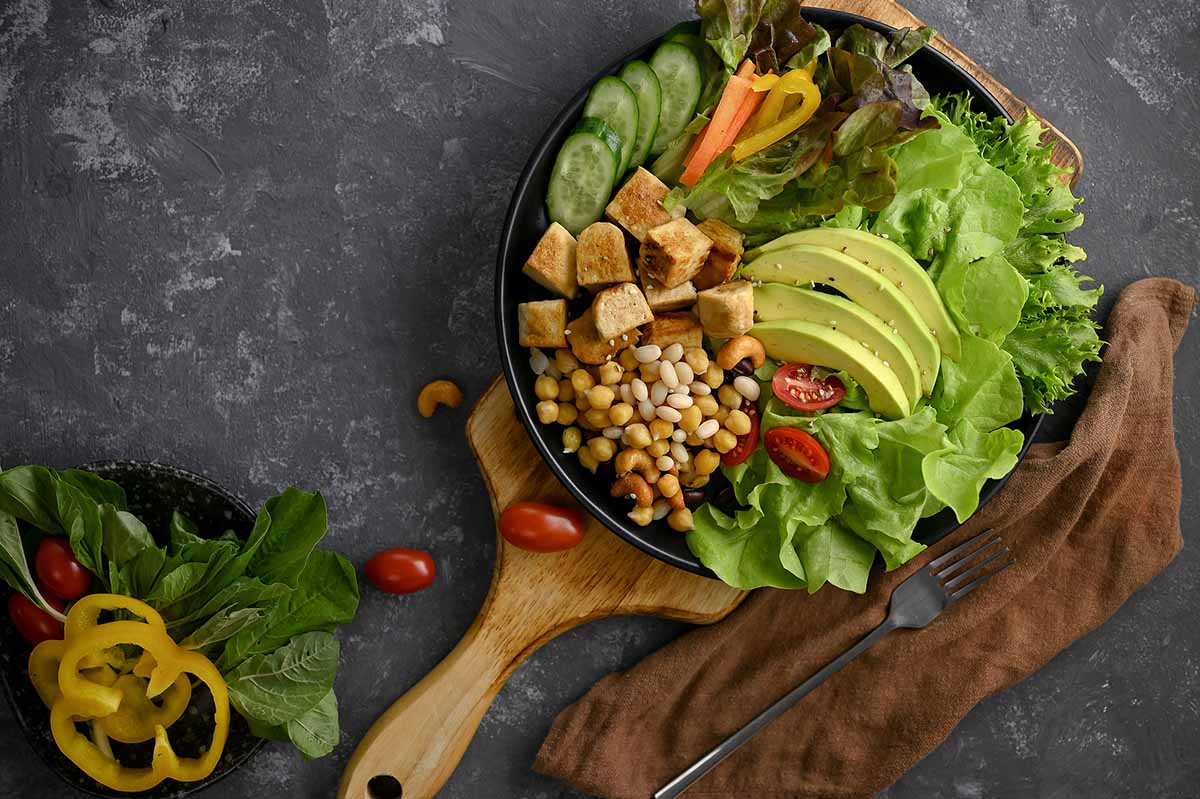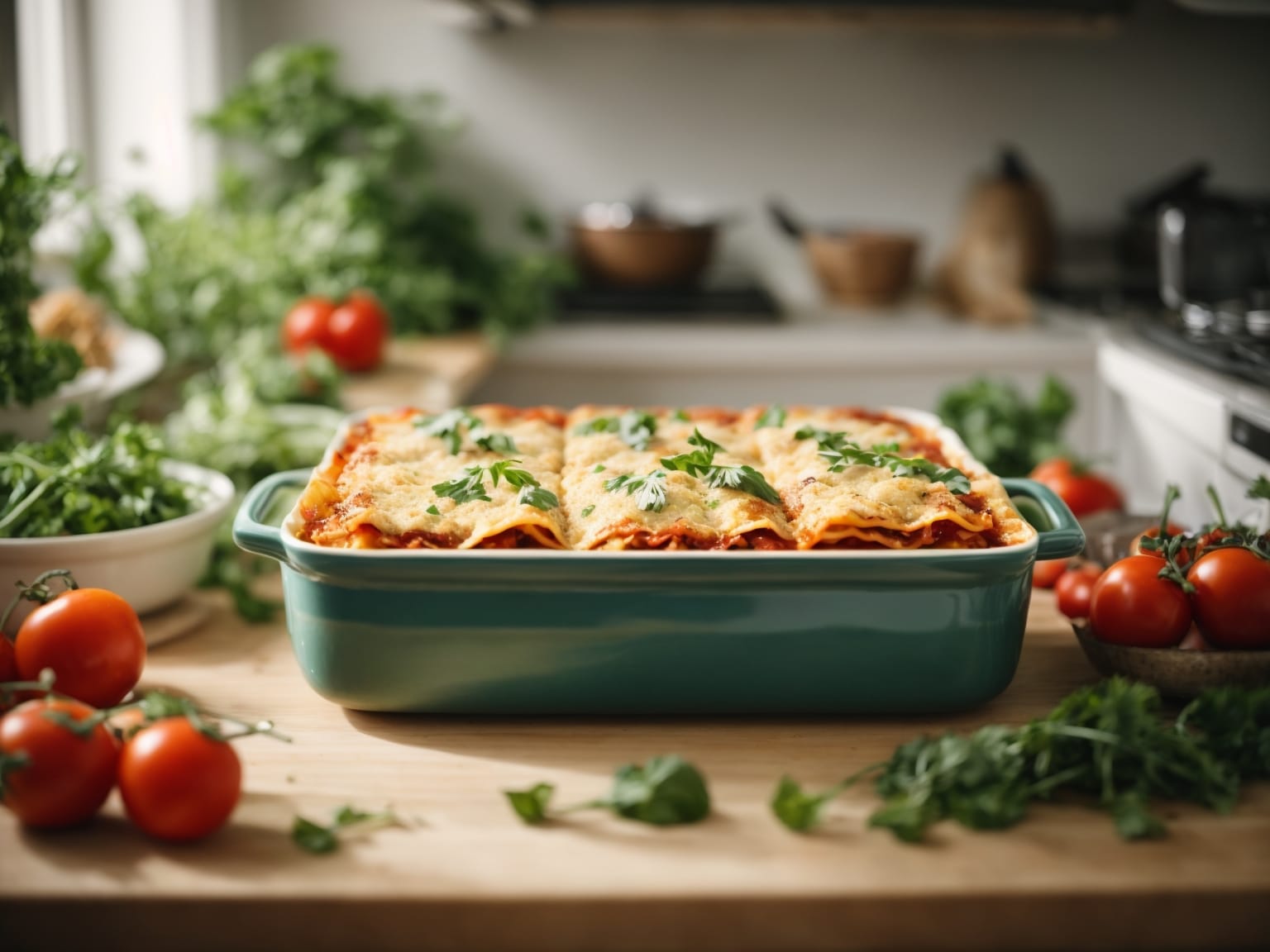As a vegetarian, you’ve likely encountered the well-intentioned but frequently asked question: “Where do you get your protein?” This question often stems from a genuine concern about your dietary choices. Fortunately, a well-planned vegetarian diet can provide all the essential proteins your body needs for optimal health.
Understanding Protein
Proteins are the building blocks of life. They are essential for the growth, repair, and maintenance of tissues in our body. Proteins are composed of amino acids, and there are 20 different types of amino acids, nine of which are considered essential, meaning our bodies cannot produce them on their own. Therefore, we must obtain these essential amino acids from our diet.
Vegetarian Protein Sources
Contrary to the misconception that vegetarians struggle to meet their protein needs, there is a wide array of plant-based protein sources available. Here are some excellent options:
1. Legumes
Legumes such as lentils, chickpeas, and black beans are protein powerhouses. They are not only rich in protein but also provide fiber, vitamins, and minerals. Lentils, for instance, contain about 18 grams of protein per cup when cooked.
2. Tofu and Tempeh
Derived from soybeans, tofu and tempeh are versatile and protein-rich. Tofu can be grilled, stir-fried, or blended into smoothies, while tempeh can be sliced and used in sandwiches or salads.
3. Quinoa
Quinoa is a complete protein source, meaning it contains all nine essential amino acids. It’s also packed with fiber and various vitamins and minerals. One cup of cooked quinoa provides around 8 grams of protein.
4. Nuts and Seeds
Almonds, peanuts, chia seeds, and hemp seeds are examples of nuts and seeds that are rich in protein. They make for great snacks and can also be added to salads, oatmeal, or yogurt for an extra protein boost.
5. Dairy and Dairy Alternatives
If you include dairy in your diet, options like Greek yogurt and cottage cheese are excellent sources of protein. For those who prefer dairy alternatives, almond milk, soy milk, and oat milk are often fortified with protein and other nutrients.
6. Eggs
Many vegetarians include eggs in their diet. Eggs are a complete protein source and provide various essential nutrients like B vitamins and choline.
7. Seitan
Seitan, also known as wheat gluten, is a high-protein meat substitute made from gluten, the protein found in wheat. It’s commonly used in vegetarian and vegan dishes and can mimic the texture of meat.
Exploring Protein Sources in Greens and Vegetables
When people think of protein sources, they often envision meat, dairy, or legumes. However, greens and vegetables also provide valuable protein, making them an essential part of a well-rounded diet, especially for vegetarians and vegans. In this article, we’ll explore the protein content of various greens and vegetables.
Spinach
Spinach is not only famous for its iron content but also for its protein content. One cup of cooked spinach contains approximately 5 grams of protein. This leafy green is incredibly versatile and can be incorporated into salads, omelets, smoothies, and more.
Kale
Kale, a nutrient-packed superfood, is another green with a surprisingly high protein content. One cup of cooked kale contains around 3 grams of protein. Kale is often used in salads, soups, and as a crispy chip alternative.
Broccoli
Broccoli is a fiber-rich vegetable that also offers a decent protein punch. One cup of cooked broccoli contains about 3 grams of protein. This versatile vegetable can be steamed, roasted, or added to stir-fries.
Brussels Sprouts
Brussels sprouts are not only delicious but also protein-rich. One cup of cooked Brussels sprouts provides approximately 4 grams of protein. Roasting them with a little olive oil and seasoning can make a tasty side dish.
Peas
Peas, whether fresh or frozen, are a fantastic source of plant-based protein. One cup of cooked peas contains around 9 grams of protein. They can be added to pasta dishes, soups, or enjoyed as a side.
Edamame
Edamame, young soybeans, are a protein powerhouse. One cup of cooked edamame boasts a remarkable 17 grams of protein. They make for a satisfying snack or a protein boost in salads and stir-fries.
Asparagus
While not as protein-rich as some other vegetables, asparagus still contributes to your daily protein intake. One cup of cooked asparagus contains approximately 3 grams of protein. It can be grilled, steamed, or roasted for a delicious side dish.
Cauliflower
Cauliflower is known for its versatility, often used as a low-carb substitute for various dishes. It also provides a modest amount of protein, with about 2 grams per cup of cooked cauliflower. It can be mashed, roasted, or turned into cauliflower rice.
Artichokes
Artichokes are a unique vegetable that offers both dietary fiber and protein. One medium-sized artichoke provides around 4 grams of protein. They can be steamed or roasted and served with a dipping sauce.
Green Peppers
Green peppers, commonly used in salads and stir-fries, contain about 2 grams of protein per cup when cooked. They add a delightful crunch and flavor to various dishes.
Meeting Your Protein Needs
To ensure you’re getting an adequate amount of protein as a vegetarian, it’s essential to consume a diverse range of protein sources. This diversity helps you obtain all the essential amino acids your body requires. Additionally, paying attention to portion sizes and incorporating protein-rich foods into your meals and snacks can help you meet your protein needs.
Balanced Vegetarian Diet
In addition to protein, a balanced vegetarian diet should include a variety of fruits, vegetables, whole grains, and healthy fats. This approach ensures you get a wide range of nutrients, promoting overall health and well-being.
In conclusion, vegetarians can obtain ample protein from plant-based sources without the need for meat. By incorporating legumes, tofu, quinoa, nuts, and other protein-rich foods into your diet, you can enjoy a nutritionally balanced and protein-packed vegetarian lifestyle. So the next time someone asks, “Where do you get your protein?” you can confidently respond with the diverse array of plant-based sources that keep you strong and healthy.


